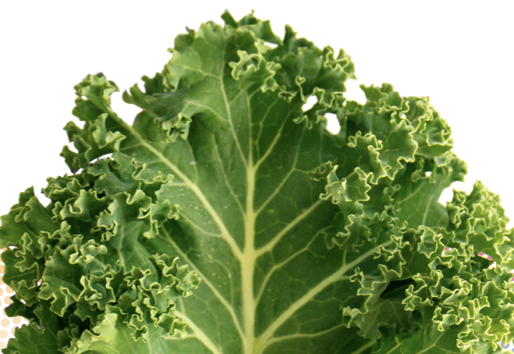Human-made “forever chemicals,” more correctly known as poly- and per-fluoroalkyl substances (or PFAS), have recently been found to permeate almost all parts of our environment, including our drinking water and food supply.
They are increasingly recognized as a significant threat both to planetary and human health.
A recent pilot study found that 88% of tested kale was contaminated with PFAS. One sample even had PFOS, a PFAS chemical that was phased out of production in 2002.
Ironically, certified organic kale had significantly higher concentrations of PFAS when compared with conventionally grown kale. This is probably because intensive use of cheaper poor-quality compost doesn’t allow all biosolids and industrial waste to decompose completely.
This is a ticking time bomb for both human health and environmental impacts. Thousands of PFAS chemicals have become ubiquitous
in the environment, where they persist for an incredibly long time; they are highly mobile, capable of traveling tremendous distances from where they were released; they seep
into the ground where they accumulate in the plants that we eat or make their way into our drinking water; we add them unwittingly to our foods when we cook using certain saucepans; we cover or wrap foods with PFAS-containing materials, and; they get into the air and are in the dust that we breathe in.
US regulatory agencies have proven themselves incapable or unwilling to meaningfully address the extensive contamination of our world and bodies with PFAS.
Time to smarten up and do it yourself.
